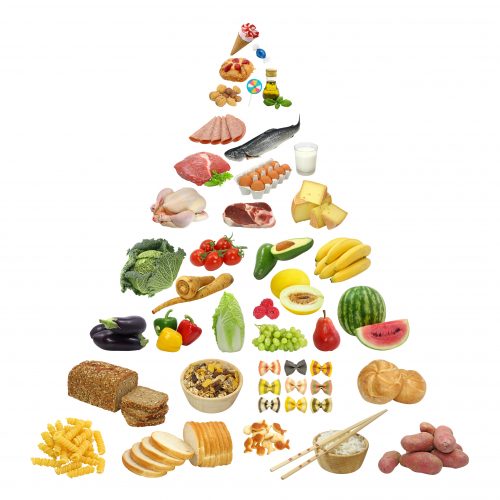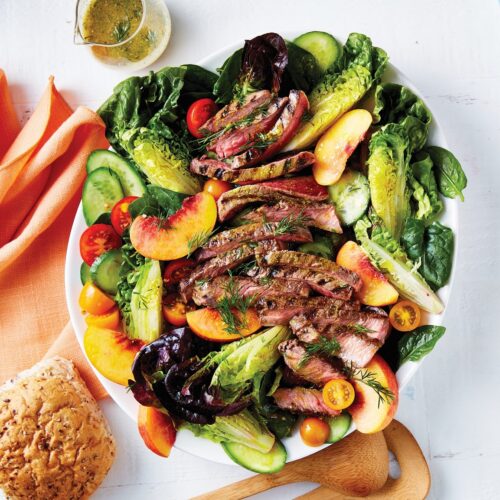
Q: “I would like some advice from your experts on a diet for those who suffer haemochromatosis.”
KimA: Nutritionist Amanda Johnson responds:
“Haemochromatosis is a metabolic disorder that causes increased absorption of iron. If untreated, an excess of iron is deposited in organs such as the liver, pancreas and heart, and over a number of years this can cause damage to the body. Iron can also be deposited in the joints, which can cause problems.
Diet alone cannot treat genetic haemochromatosis, and a low-iron or iron-free diet is not usually recommended since foods that provide iron also provide a range of other important nutrients as well.
It’s recommended you follow a healthy balanced diet, including a variety of different foods. Some dietary precautions, however, are advisable. For example, it is recommended that highly iron-fortified foods are avoided, and you may wish to consume iron-rich foods such as red meat and offal in moderation. Avoid any supplements that contain added iron. Vitamin C can promote iron absorption too, so it’s best to steer clear of supplements that provide large doses of vitamin C. For those with liver abnormalities as a result of iron overloading, it may be advised that alcohol intake is restricted, but for more specific individual advice consult your doctor or dietitian.”
www.healthyfood.com










